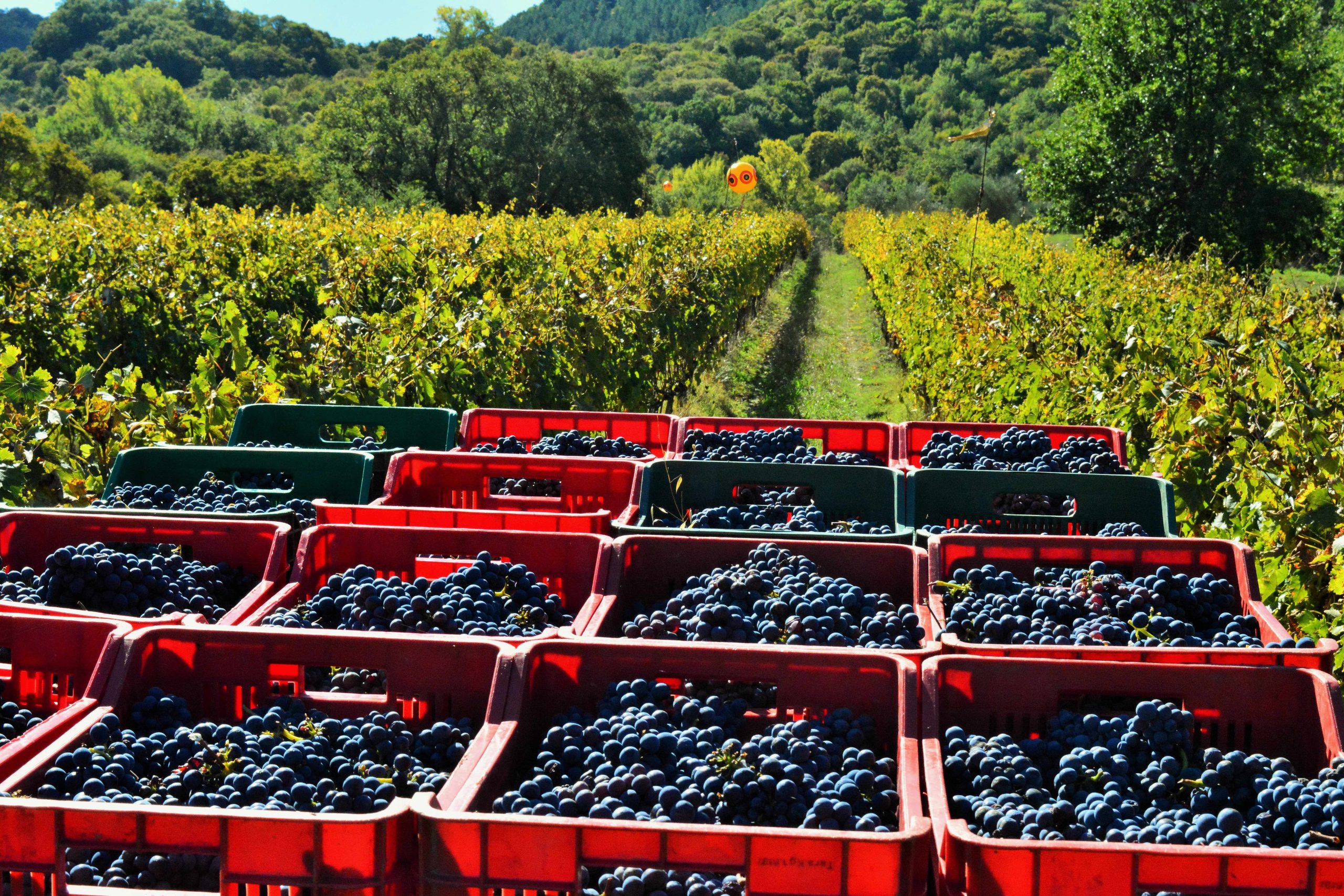Wine merchant highlights storage problem in Hong Kong
In a densely populated city where more than 7 million people are crammed into one of the world’s most expensive housing markets, Hong Kong is running low on space in general from housing to wine storage. This has prompted wine merchants to search for more economically viable ways to expand warehouses especially for fine wine.
Speaking to dbHK this week, Shirley Wong, CEO of local wine merchant Wine’s Link, lamented the shortage of wine storage space in Hong Kong and revealed the newly HKEX listed company is seeking more space to accommodate its expanding retail and wholesale business of fine wines.
“Warehousing is going to be the heart and core of our business if we want to offer better service,” said Wong, adding that in the next few years her company’s wine storage space is going to be expanded from its current 20,000 plus square-feet warehouse in Kwai Chung.
According to Wong, warehouse storage expansion is one of the main areas where the company is going to invest with the initial capital it has raised so far after public listing this month.
“We have more than 20,000 square feet at the moment, and we are getting up to 30,000 but we are going to expand it further,” she stated, underlining the importance of warehouse for fine wine merchants, especially for her company where the majority of its wines sold are in the HK$1,000-HK$100,000 price bracket.
“[Storage for ] Fine wine is so important. We are not talking about agency wines, where 18°C is okay, 15°C or so; fine wine has to be stored in a strictly temperature controlled environment. I think the warehouse is going to the core of fine wine business in the next 10 years if you want to do well,” Wong stated.
Currently, the Hong Kong Trade Development Council does not have figures estimating the size of Hong Kong’s wine storage industry. With rising demand for fine wine in the city and from neighbouring mainland, more merchants are propelled to convert old factories into wine warehouses. Still, by October last year, there were only 43 certified wine storage facilities in Hong Kong, recognised by the Wine Storage Management Systems (WSMS) Certification Scheme under HKQAA (Hong Kong Quality Assessment Agency), a relatively small number given the size of the city’s US$1.543 billion wine market.
But compared with warehouses in France, running a large-scale warehouse in Hong Kong faces some additional overheads, a result of higher land costs and lofty electricity bills, thanks to Hong Kong’s subtropical climate.
“The average temperature in France is 20°C but in Hong Kong, you have to have air-con 24 hours. This is a huge overhead,” Wong noted while breaking down in detail about the operational costs.
Partner Content
Additionally, “in Europe they tend to have high-ceiling warehouse, so they can put palettes upon palettes but in Hong Kong if you have higher ceiling you have to spend more money on air con so we have to push it down. It will save money on electricity but it will cut your space for storage sharply,” she continued, drawing on her observations during her visits to warehouses in France.
With expanding warehouse storage, the company is looking to upgrade its corresponding computer data system as well for easier tracking and sorting.
Founded in 2007 by Wong, who has a strong background in finance, she has turned the company around from a small merchant selling Spanish wine to Hong Kong’s sixth biggest wine merchant by value within 10 years.
Speaking of its market plan, Wong revealed she is looking beyond the mainland market to Southeast Asia for more growth opportunities, leveraging on Hong Kong’s close proximity and the Free Trade Agreement with other ASEAN countries signed in November, 2017, which promises better market access and less restrictions to Southeast Asian market for HK companies.
Using Indonesia and Thailand as examples, she explained, “Hong Kong travels easily and directly to these countries and shipping wines to them is much faster.”
“Japan has a very relaxed importation system, so they buy directly from other countries, but other [Southeastern Asian] countries have high taxes, like Thailand, so sometimes it’s not that easy to buy from France, for instance, because of the shipping time and taxes,” she added. “The demand is not as big as China but still it’s growing. so I will seek more cooperation with Southeastern Asian countries in the coming years.”




